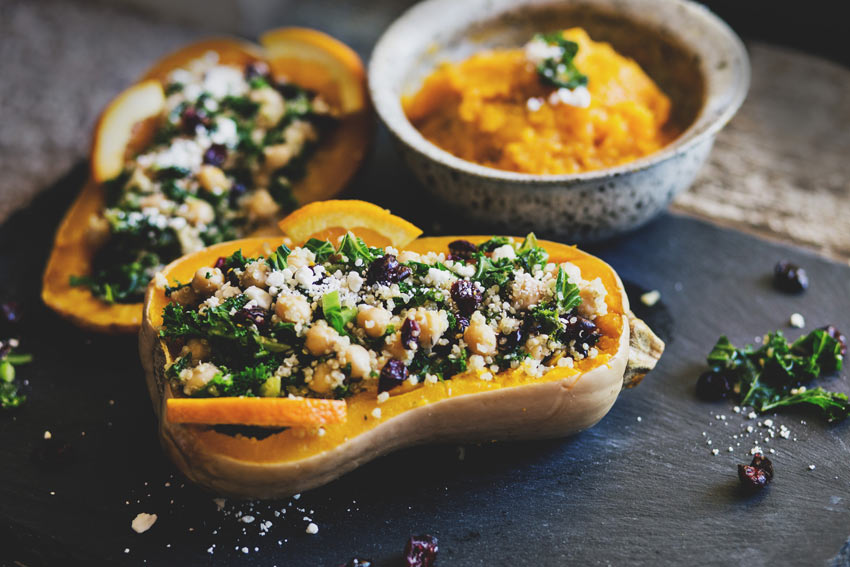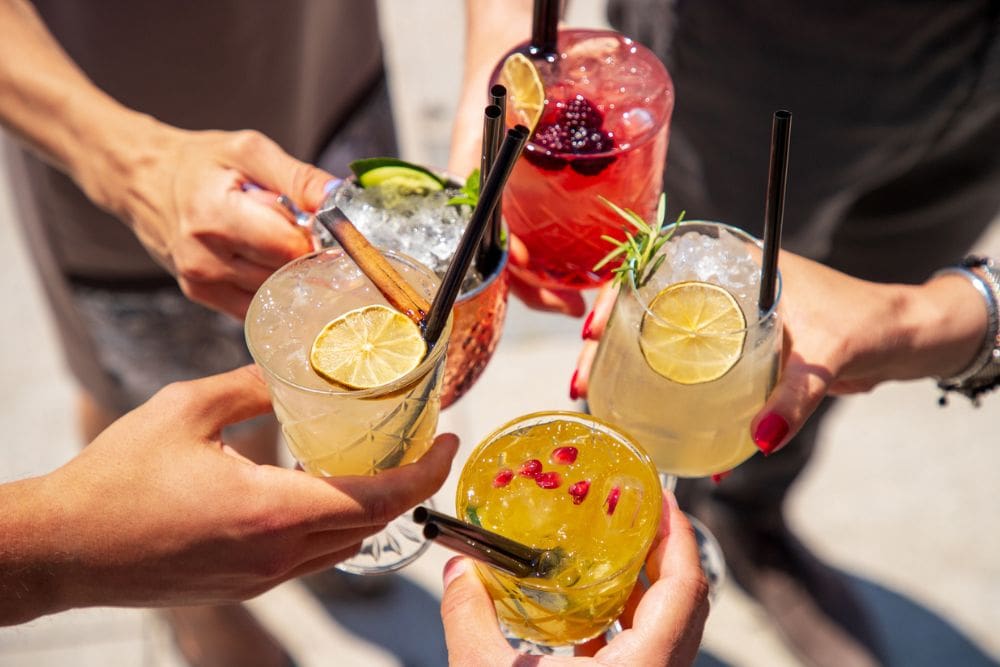Winter Superfoods & Their Many Benefits
What exactly makes a food “super”? This is an excellent question. The answer, unfortunately, is a little disappointing: nothing in particular. In fact, the word superfood is pure invention, a buzzword that marketing strategists have made up to get more clicks. Still, dietitians agree that some foods are healthier than others. In that sense, a superfood is any food that is dense in nutrients and proven to have health benefits. Which foods have the most nutrients? Fruits and vegetables. Which foods are never considered “super”? Junk food (food low in nutrients), fast food, or pre-made food.
So What Are Winter Superfoods?
Winter superfoods are those nutritious, body-strengthening foods that you can buy cheaply, in bulk, just about anywhere in the U.S. during the winter season. These foods grow or flourish in the winter and, therefore, are readily available for consumption. They’re often local, suffer little transportation between their manufacturing and later consumption, and feel and taste fresher than foods purchased out of season.
It may surprise you, but Iowa could be considered a hub of superfoods. There are multiple fresh food markets throughout the state that provide local access to the freshest, most nutritious veggies and fruits.
Alright, So Tell Me What to Eat!
Your wish is our command, dear reader! Here are some of the top, mouthwatering winter superfoods at your disposal:
Colorful Winter Veggies
- Winter Squash – Be it acorn or butternut, in soup form or roasted, winter squash has the power to lower blood pressure AND cholesterol. Good for the heart and tasty, squash may just end up being your best friend this winter season.
Hulk Smash Green Veggies
- Kale, for the potassium. Kale can be eaten raw in salad, steamed, roasted, or added to soup.
- Broccoli – many researchers have good reason to believe that broccoli helps fight cancer!
- Cabbage, because it is high in calcium–an added plus for women, who suffer higher rates of osteoporosis with age.
- Brussel sprouts, to strengthen those locks and increase your vitamin K intake. Think you don’t like brussel sprouts? Try roasting them.
Get Back to Your Roots
- Ginger, for its immune-boosting power. Ginger also aids in digestion, mood regulation, and the ability to bounce back after a nasty infection.
- Beets, for folic acid, which can protect against heart attacks and cancer.
- Fennel, for the iron and magnesium–and for its mild licorice flavor.
- Sweet potatoes, for help with inflammation.
- Parsnips, to help build brain cells.
Fantastic Fruits
- Apples, for vitamin C. They also help lower cholesterol.
- Pomegranates may help improve memory.
- Persimmons can improve eyesight and boost vitamin A.
- Avocados are that one creamy, delicious food that have all the best kind of fats for your body–and a ton of vitamin B6.
What do superfoods have to do with addiction recovery? In a way, everything. Substance use depletes nutrients, so recovery is a time to rebuild the body and help it find the balance it needs to function at its best. Much of sobriety requires learning how to pay attention to the body and respond to its needs. The more nutritious food you can introduce into your diet, the more options your body will have when it craves a specific nutrient.
We Can Help
This is a time in your life that’s all about healing, and these foods will help you do just that. Boost your recovery with super delicious, super local, superfoods. Should you have any questions, concerns, or need for support during this time, don’t hesitate to contact us here at St. Gregory Recovery Center. We have a passion for healing the body, mind, and spirit from the disease of addiction.











